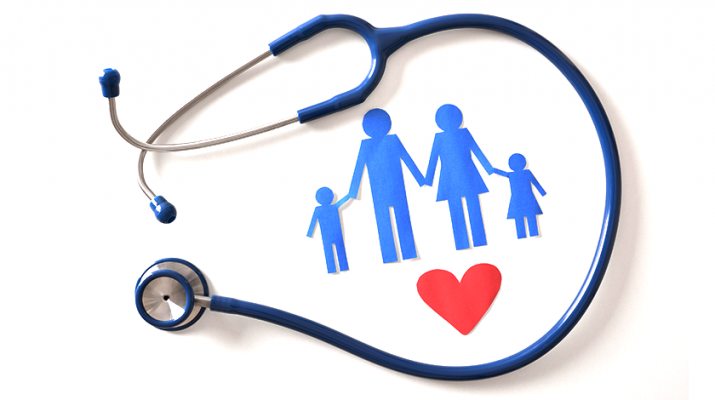Holidays are a great time to put your family’s health history together
By Deborah Jeanne Sergeant
As you gather with your family this time of year, consider asking a few questions about your family’s health history. It may seem a strange topic for conversation, but it can affect your health in significant ways.
“Families share more than their good looks,” said Christy Richards, registered nurse and health educator for Ontario County Public Health. “Some family traits increase your risk for diseases like Alzheimer’s, cancer, arthritis, high blood pressure and many more. The more information you gather while around that table, the better.”
Richards said to focus on your immediate family related by blood: parents, siblings and grandparents. Ask a relative who has a clear recollection of family health about major medical issues that have been diagnosed, not their best guesses.
Richards said that five elements are important in addition to the major medical issues diagnosed: cause of death, age of onset, environmental factors and ethnic background.
Cause of death means why the person died. Someone may have been diagnosed with prostate cancer (which is still important to know) but died 30 years later of something else. Age of onset means when the disease started. Environmental factors refers to outside contributors to the disease, such as working with asbestos resulting in cancer. Or lifestyle factors that affected health. Many families share the same habits that can shape their health.
As for ethnic background, “you’d be surprised the number of people who don’t know,” Richards said.
Also talk with your in-laws for the sake of your children. Knowing what health conditions run in your family can’t guarantee you won’t succumb to them but the knowledge can help you mitigate the effects or possibly prevent them from happening, according to physician Michael D. Mendoza, commissioner of public health for Monroe County Department of Public Health in Rochester.
“If you know your health history, you can know things that could change recommendations for screening,” Mendoza said.
He offered a few examples.
“First-degree relatives with breast cancer may change the age of when you first need screening,” he said. “Colon cancer is another one. Generally, it may warrant more aggressive screening. We want to catch illnesses at a point that can improve management.”
Discussing your family health history with your care provider can also influence recommendations about health habits and other lifestyle choices — factors that may have contributed to your family’s health conditions.
Many people who have experienced the loss of a loved one feel especially vulnerable during the holiday season. Mendoza recommended bringing up the possibly sensitive topic by introducing it gently, “I have questions about our health history. Is it OK to talk about it?”
Ask if anyone in the family has died unexpectedly from any cause and also ask about cardiovascular disease, cancer at any age, endocrine disorders, gastrointestinal conditions and any chronic illnesses.
While talking openly about health, ask about your relatives’ health care proxy and advanced care planning to ensure they have settled who will make health care decisions on their behalf if they’re incapacitated and their end-of-life choices.
“Anyone at any point could be in a serious car accident or fall where they can’t make decisions on their behalf,” Mendoza said. “It’s assumed your spouse, sibling or children would make the decisions.
“An individual may not want his spouse making those decisions but we in the health care field won’t know. When you’re in distress, it’s not the time to fish around in the family to find someone to make a decision. Have those difficult conversations when you have the luxury of time.”
Richards advised beginning the health history conversation by asking about how old Grandma was when she died, when and why. Or simply ask in open-ended fashion if any health problems run in the family.
“If you don’t get along with all your family, try talking with the one you do connect with,” Richards said. “You can do some research with death certificates.”
Obituary listings, many of which may be searchable online or at the library, may also offer facts.

